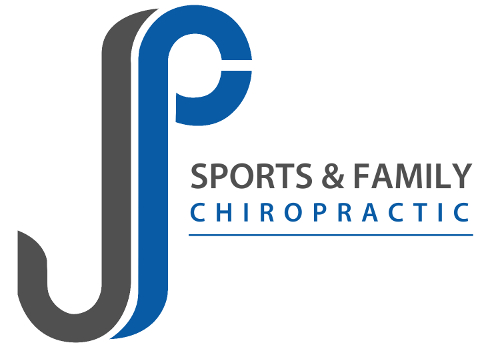![]() 631-598-7034
631-598-7034![]() Schedule Online
Schedule Online
Newsletter Sign Up
Want to keep up to date with all our latest news and information? Enter your email below to be added to our mailing list.
Alcohol
Have people annoyed you by criticizing you about your drinking?
Have you ever felt bad or guilty about your drinking?
Have you ever had a drink first thing in the morning to steady your nerves or to get rid of a hangover (as an eye opener)?
Alcohol absorption is found anywhere there is water in the body which eventually leads to dehydration. Alcohol easily moves through the cell wall, thus damaging it. Alcohol metabolism depends on gender, race, food, size, physical condition and alcohol content. Alcohol abuse contributes to five of the ten leading causes of death. Chronic abuse can lead to heart damage, high blood pressure, stroke, breast cancer, nutritional deficiencies, fetal damage and hypoglycemia. It also can lead to cirrhosis of the liver. Therefore, here are several necessary guidelines regarding alcohol intake. If you have to drink, drink in moderation and, drink with meals. Drinking with meals slows down the rate of absorption. Moderation drinking is defined as no more than one drink per day. Don’t drink and drive, and avoid drinking while pregnant, for drinking while pregnant can lead to low birth weight and birth defects.
Alcohol dependency is addictive and dangerous. Alcoholism is the most common psychiatric disorder which affects 13 % of North Americans. Treatment of alcoholism includes guidance from a physician, counseling, total abstinence, Alcoholics Anonymous (AA), a 12 step program and medication to stop the cravings of alcohol.
Binge drinking is practiced by 50% of college students. Binge drinking is defined as drinking four to five drinks in a row, in a short period of time. Binge drinking can cause acute alcohol intoxication, which can lead to death, accidents, unsafe sex, assaults, destruction of properties, injuries, suicide, academic problems, and can cause life long problems.
Screening for possible alcohol abuse should include asking the following questions:
Have you ever had memory lapses or black outs?
Do you continue to drink even though you have health problems caused by alcohol?
Do you have withdrawal symptoms?
Do you take part in high risk behaviors?
Has drinking caused trouble in your personal life, and do you drink to get through the day or to cope and escape?
These above screening questions can be potential red flags.
If you require help concerning alcohol, you can call the local mental heath treatment center at 1-800-245-4656, or substance abuse and mental services at 1-800-729-6686. Or you can visit the following websites at www.health.org and www.alcoholics-annonymous.org.
Side Bar- Dr. Jeff Poplarski is a Sports Chiropractor with a practice in Amityville; He is also a Professor of Sports Nutrition at Farmingdale State College, if you have questions or concerns about the above article, he can be reached at drjpop@gmail.com or by phone at 631-598-7034.
Contact
217 Merrick Rd.
Suite 204
Amityville, NY 11701
Phone: (631) 598-7034
Fax: (631) 598-7479
Email: drjpop@gmail.com
Home About Media Wellness Schedule Appointment Contact Patient Center 2016 U.S Open 15th Annual Tunnel To Towers
Copyright©2016 All Rights Reserved.





